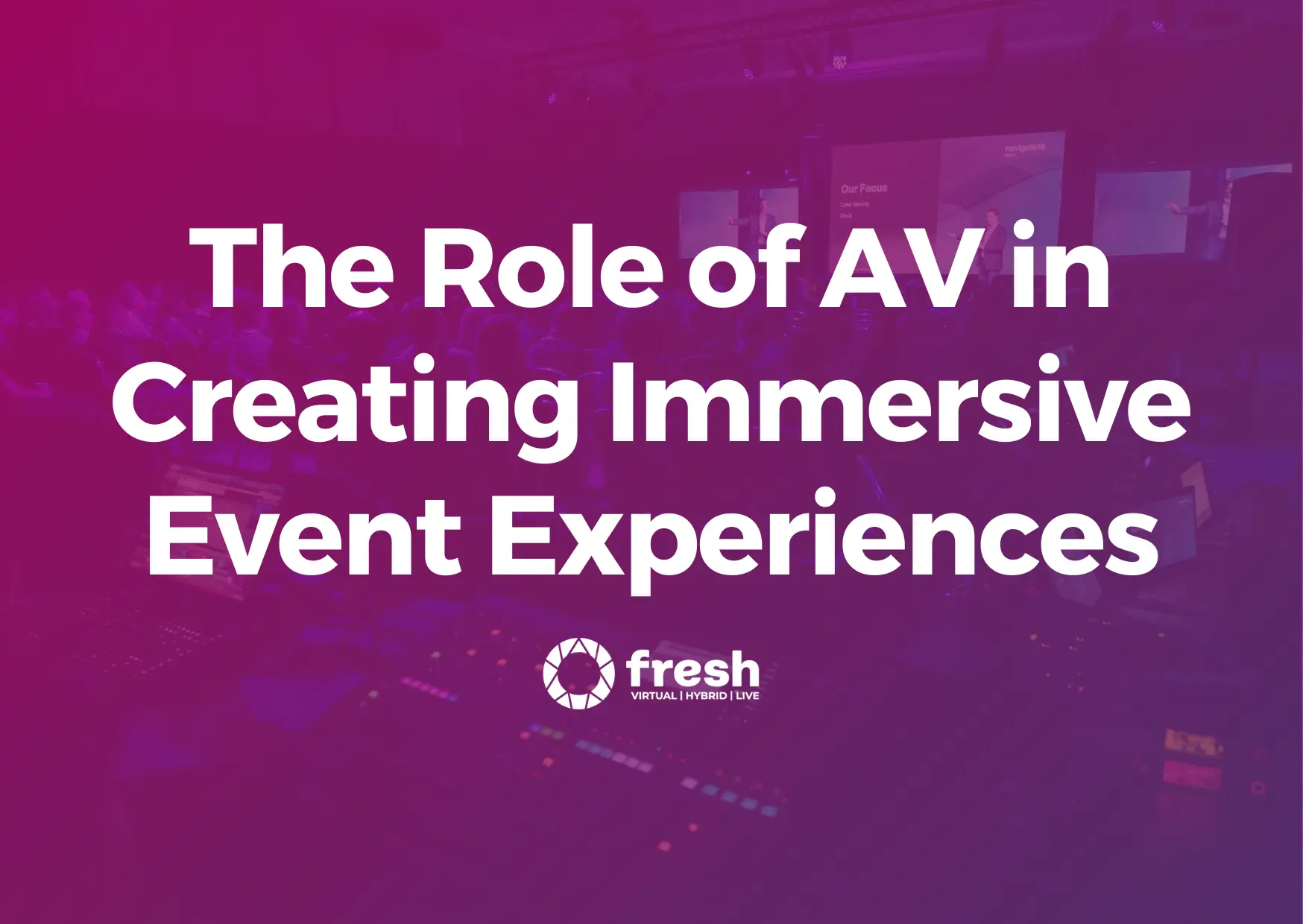Event technology trends and advancements
In recent years, event technology has experienced rapid advancements and has become an integral part of the event planning and execution process. From registration and ticketing systems to event apps and virtual reality experiences, technology has revolutionised the way events are organised and experienced. In this blog, we will explore some of the latest event technology trends that are shaping the industry.
Mobile Apps
One of the top trends in event technology is the use of mobile event apps. These apps provide attendees with all the information they need, right at their fingertips. From event schedules and speaker biographies to networking opportunities and live polling, mobile event apps enhance the overall event experience and make it more interactive and engaging for attendees. They also give organisers valuable insights and data to analyse attendee engagement and preferences.
VR & AR
Virtual reality (VR) and augmented reality (AR) have also made their way into the world of events. These technologies allow organisers to create immersive experiences for attendees. With VR, attendees can explore virtual venues or participate in virtual demonstrations, while AR can enhance the on-site experience by overlaying digital content onto the physical environment. These technologies not only add a wow factor to events but also provide endless possibilities for showcasing products, engaging attendees, and creating memorable experiences.
AI
Another significant advancement in event technology is the integration of artificial intelligence (AI) and machine learning (ML). AI-powered chatbots can handle attendee inquiries and provide real-time assistance, reducing the workload on event organisers. ML algorithms can analyse attendee data and behaviour to offer personalised recommendations and experiences. This level of personalisation enhances attendee satisfaction and engagement.
Virtual Events
Live streaming and virtual attendance options have gained popularity in recent years. These technologies allow events to reach a wider audience beyond the physical venue, enabling remote attendees to participate in real-time and engage with speakers and other attendees virtually. Virtual event platforms have emerged, providing a seamless virtual event experience with features such as live video streaming, interactive sessions, and virtual networking opportunities.
Event Software
Lastly, the use of data analytics and event management software has become essential for event planners. These tools provide valuable insights into attendee behaviour, preferences, and satisfaction levels. By analysing this data, event planners can make informed decisions to improve future events and tailor experiences to meet attendees’ needs.
Event technology continues to advance at a rapid pace, opening up new possibilities and enhancing the overall event experience. From mobile apps and VR experiences to AI-powered chatbots and virtual attendance options, these technologies are transforming the way events are planned, executed, and experienced. Event organisers who embrace these trends can stay ahead of the curve and deliver exceptional events that leave a lasting impression on attendees.
Chat with our team today
Read More

You Need to Invest in AV for Your Next Event. Here’s Why.

Event Logistics Without the Headache: How to Keep It Fresh (Literally)

The Impact of AV Technology in Creating Immersive Event Experiences

Top Event Trends for 2025: AV, Logistics, and Videography

Mastering IT Channel Events: A Logistics Guide for Vendors


